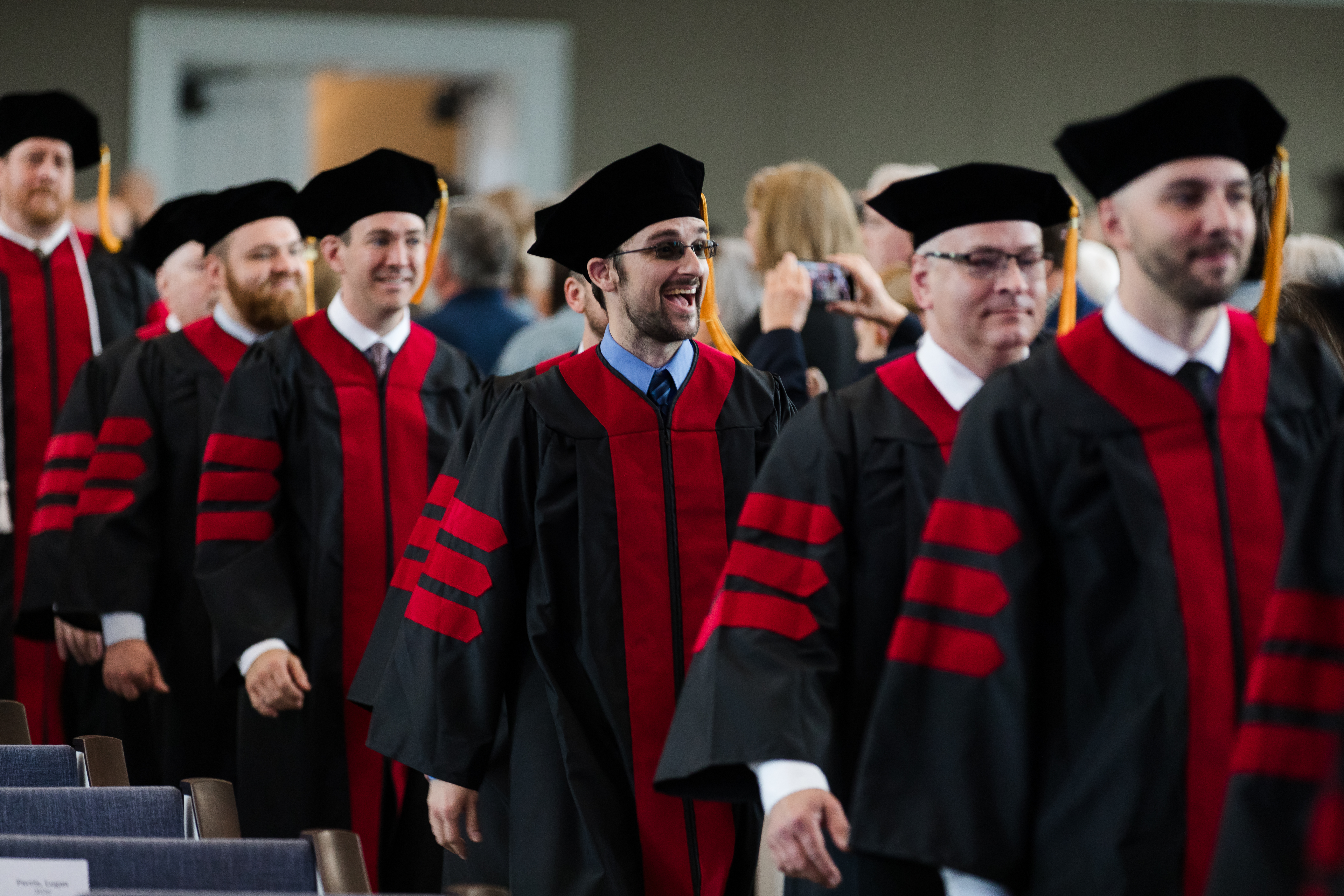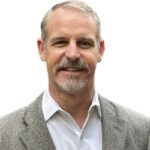From Acts to America
The book of Acts offers examples of the power of combining education and missions. Known as a master church planter, the apostle Paul also reasoned and taught among the academies of Athens. Beginning with his Mars Hill defense of Christianity among the Stoics and Epicureans in Acts 17, Paul utilized both the marketplace and the academy to spread his message.
When the door to the religious circles closed in Ephesus, “he departed from them and withdrew the disciples, reasoning daily in the school of Tyrannus” (Acts 19:9). Philosophical schools were embedded in Greek culture, and Paul used this local lecture hall to teach gospel truth for two full years. Scripture summarizes his time there with the remarkable statement, “all who dwelt in Asia heard the word of the Lord Jesus, both Jews and Greeks” (Acts 19:10).
In the centuries following the early apostles, the church continued to lead the way by shaping culture through Christian education. Universities in Europe employed the liberal arts, long Latin titles, and entertaining academic regalia, which are still echoed at Southeastern. Learning was the pursuit of truth, grounded in the scriptures, culminating in the highest knowledge of God—theology. All learning ought to lead the student towards an increasingly humble adoration of the infinitely wise Creator and thus compel them to share his love with others.
The first colleges in America were also established on this same gospel foundation. The original seal from Harvard proclaims Christo Et Ecclesiae, “For Christ and the Church.” “The Truth Shall Make You Free” is still engraved above the north gate at Harvard Yard. The goal of learning was clearly stated in the original handbook: “Let every Student be plainly instructed, and earnestly pressed to consider well, the main end of his life and studies is, to know God and Jesus Christ which is eternal life.”[1] Christian educators can stand with confidence that they are walking along an ancient path of learning leading to the knowledge of God.
Education as Missions with Southeastern
In Indonesia, where Islam accounts for over 83% of the total population,[2] God has recently opened doors for Southeastern educators to bring Biblical teaching methods into public educational settings. Dr. Bryce Hantla helped equip teachers at a Muslim public high school with engagement strategies drawn from a Christian and Western educational perspective, modeling principles through which Christ taught His disciples.
God also opened a door in Honduras this summer, which has the highest population of Pepenadores—children who spend their lives combing through the garbage dump.[3] Just when their situation seemed hopeless to me, we visited a Christian school at the bottom of this “trash mountain” where these same children have an opportunity to learn the gospel. We brought the teachers Christian books and principles to equip them to share Christ’s love in the classroom. The principles they learned and lessons they teach will point students towards the God who ”lifts the poor from the dust and the needy from the garbage dump” (1 Sam. 2:8 NLT).
Missional partnerships like these trips offer churches, institutions, and educators opportunities to bring their needed expertise to the mission field. Educational mission trips not only contribute to the education of foreign students but also form us as educators. Whether you are a missionary on the field, in a public school, or local Christian schools, teachers will always be used by God to help finish the work of teaching all nations to obey. The way of Christ in education is bound together with the way of Christ among the nations.
Southeastern offers several programs that help train missionary teachers at home and abroad. If you feel called to leave a lasting impact among the nations or in the mission field of America’s schools, teaching provides a pathway to transform young lives with the gospel. The Doctor of Education (EdD), Master of Education (MEd), and newly established Teacher Licensure programs at Judson College all equip students to serve the church and fulfill the Great Commission by following the final instructions of the master teacher—teaching them to obey.





No comments have been added.